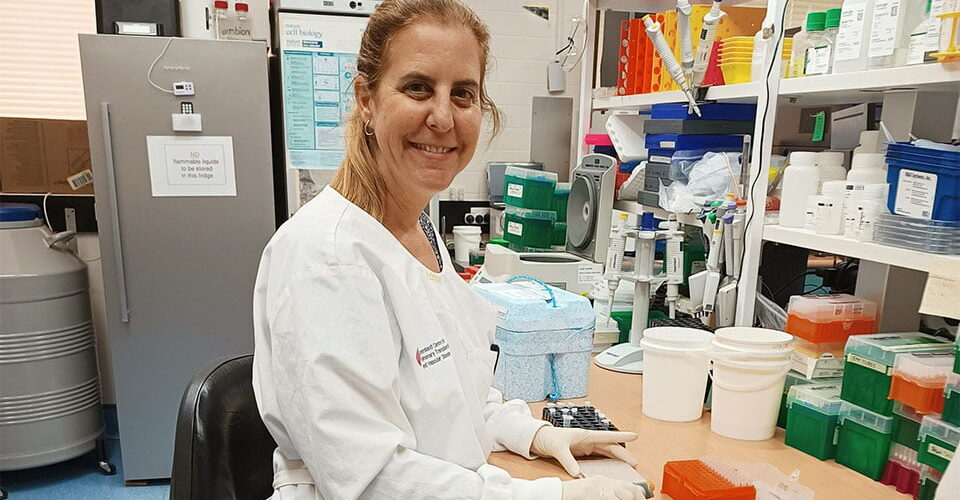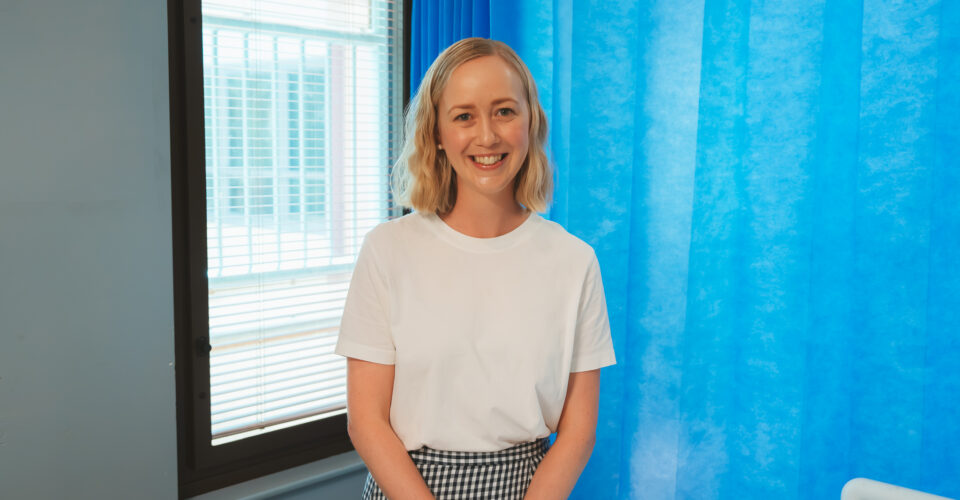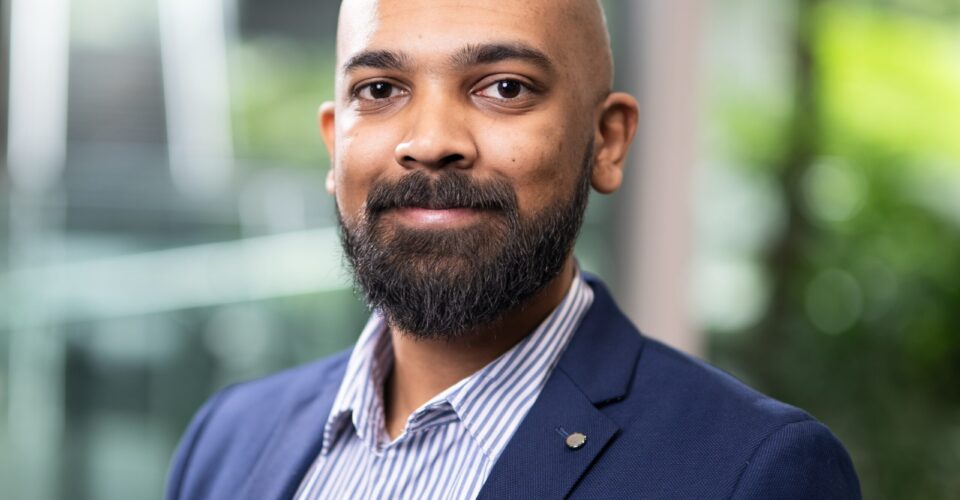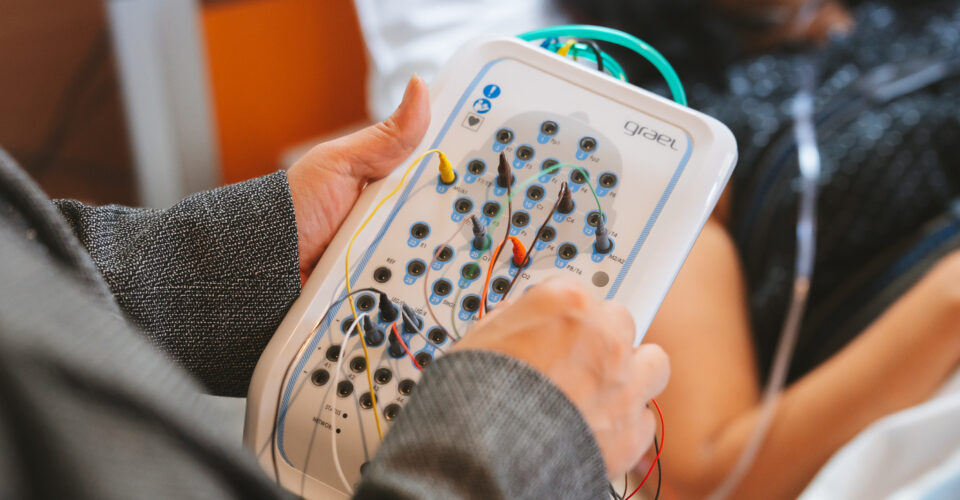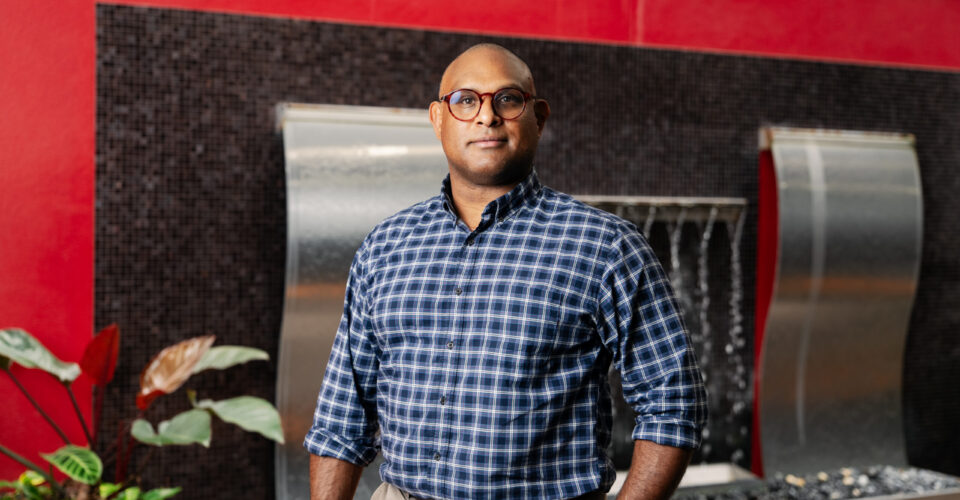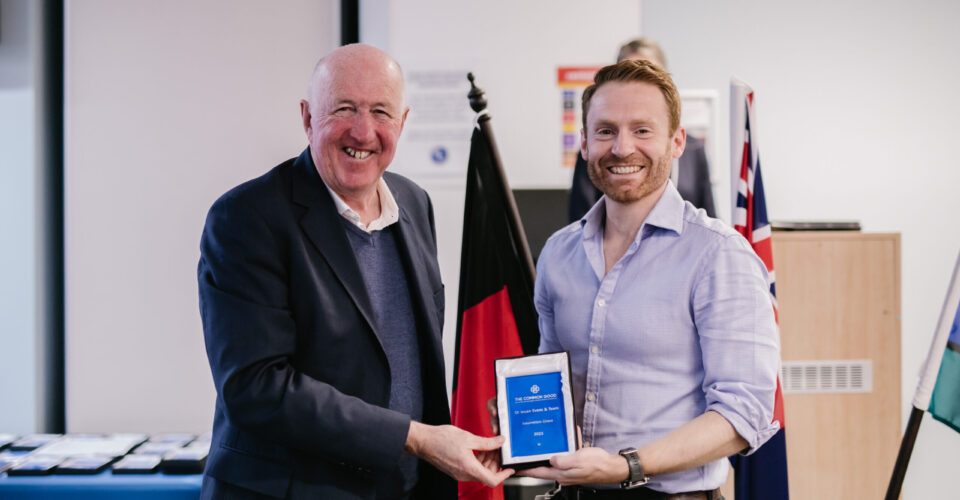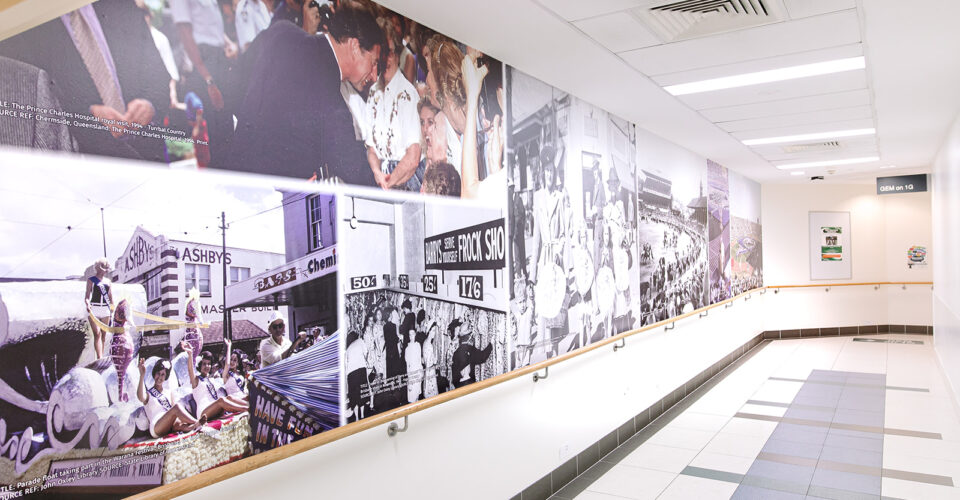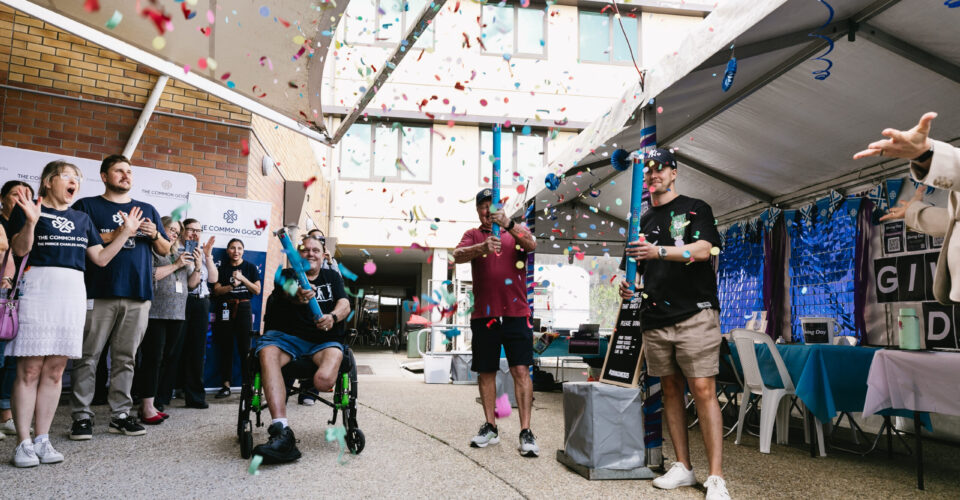On 11 February 2022, we are celebrating the International Day of Women and Girls in Science, a day that inspires and engages women and girls to have full and equal participation in science.
There is still a significant gender gap in the fields of science, technology, engineering and mathematics (STEM).
![]() Only around one third of researchers
Only around one third of researchers
worldwide are women
![]() Women still account for only 28% of engineering graduates and 40% of graduates in computer science and informatics
Women still account for only 28% of engineering graduates and 40% of graduates in computer science and informatics
Changing the status quo
One of the most powerful ways we can bring about change and achieve gender equality in STEM is to celebrate the wonderful achievements of the women working and studying in the field. We believe that the wonderful researchers working with The Common Good are incredible and inspiration female role models to young girls considering a career in STEM. On this International Day of Women and Girls in Science we hear from some of our researchers about what inspires them about working in the field of scientific research.
Researcher: Associate Professor Stephanie Yerkovich
What led you to work in the field of science and research?
From a young age, my question was always about – why? I was always very curious to understand why and how things happen, so quite naturally fell into science.
In your opinion, what has been the greatest scientific development?
The identification of DNA. All of our medical advancements have come from us being able to identify and understand DNA. This in turn helps us understand disease processes that are going on.
What do you love most about being involved in science and research?
What I love the most is finding out new things and being the first person to make discoveries. Investigating what to do next is such an exciting step.
Researcher: Doctor Viviana Lutzky
What led you to work in the field of science and research?
Originally, I was wanting to pursue a career in medicine and that then evolved into me pursuing science.
In your opinion, what has been the greatest scientific development?
The discovery of antibiotics.
What do you love most about being involved in science and research?
That my work can contribute to improving the lives of patients suffering from disease.
Research Assistant: Penny Groves
What led you to work in the field of science and research?
I’ve just marked my 35th anniversary of my career in science and research which is pretty incredible when I reflect on it. I really enjoyed biology in school and then continued on to an Applied Biology degree. During that time, I started as a technician, and my career in the field has continued from there!
In your opinion, what has been the greatest scientific development?
The amount of information that you can pull from a single cell now is just fascinating.
What do you love most about being involved in science and research?
What I love the most is when your experiment is working towards something that is going to be beneficial to the common good.
Senior Research Scientist: Tharushi de Silva
What led you to work in the field of science and research?
From a very young age, I was always looking for answers and seeking to understand things. I was a very curious person which I believe steered me towards science and research.
In your opinion, what has been the greatest scientific development?
The way we understand immunology with respect to humans – it has led to an incredible amount of discoveries.
Do you have a role model or mentor, or someone you look up to in the world of science and research?
I do – Dr Asha de Vos. When I was at university, I saw just some of the amazing things that she has achieved in her field and it really inspired me to push forward in my path.
Research Assistant: Maxine Tan
What led you to work in the field of science and research?
I really enjoyed science at school and did quite well in the subject and my interest and career in science naturally progressed from there. It’s a very fun field.
In your opinion, what has been the greatest scientific development?
The ability to transplant organs.
Do you have a role model or mentor, or someone you look up to in the world of science and research?
I’m influenced by the incredible women that I have worked with during my career, particularly Dr Stephanie Yerkovich!
Research Officer: Doctor Louise See Hoe
What led you to work in the field of science and research?
Curiosity to understand the world around me, and how and why things work the way they do.
What do you love most about being involved in science and research?
Being creative in the way we ask questions and seek out to address them, training and supporting students to be the next leaders in science and medicine.
In your opinion, what has been the greatest scientific development?
Right now? Pig-human transplant using novel perfusion preservation – combines 2 major advances in science and medicine to overcome major barriers to increase the availability of donor hearts for transplantation.
PhD Student: Samantha Livingstone
What led you to work in the field of science and research?
As a child I spent a lot of time in hospitals due to unwell family members. I saw many sick people and realised that even though we have come a long way in medical research we still have a long way to go. As an adult I want to contribute to this and help make a difference in any way I can. Everyone deserves the chance to be healthy and happy.
What do you love most about being involved in science and research?
I love being surrounded by like-minded people who all share the same goals. It’s being part of this community that allows me to share in everyone’s successes and make every day great.
Do you have a role model or mentor, or someone you look up to in the world of science and research?
I admire all the people I meet every day. Most people are balancing a career in research with other jobs, families, illnesses etc. They travel worldwide, spend all their time reading and creating ideas to help people they’ve never met.
Postdoctoral Research Fellow: Meredith Redd
What led you to work in the field of science and research?
I have genuinely loved math and science since I was a kid, and a career in research seemed like a natural choice.
What do you love most about being involved in science and research?
One of the best things about working in research is the ability to meet and work with a diverse and interdisciplinary group of people. This is especially true within the Critical Care Research Group at The Prince Charles Hospital, which is made up of amazing researchers and clinicians from all over the world.
Postdoctoral Research Fellow: Amelia Zhang
What led you to work in the field of science and research?
I liked my major in Biomedical Engineering. I want to work in this area to contribute to improving people’s health.
What do you love most about being involved in science and research?
I enjoy building a technical route to solve a research question and my experiments prove my hypothesis is correct.
In your opinion, what has been the greatest scientific development?
The internet.
Do you have a role model or mentor, or someone you look up to in the world of science and research?
I don’t have specific role models. I admire anyone who dedicates their lives to research and make contributions to their research field.
Research Assistant: Emily Wilson
What lead you to work in the field of science and research?
I’ve always liked solving problems and finding new ways of addressing a question and since I was young I wanted to work in health. By combining both of these, it led me to work in research.
What do you love most about being involved in science and research?
I love the dynamic environment and helping to solve questions/problems to advance medical understanding. No two days are the same!
In your opinion, what has been the greatest scientific development?
I’m going to have to say the microscope. This led to so many questions about the microscopic world and I think it has been fundamental to our understanding of biology.
Do you have a role model or mentor, or someone you look up to in the world of science and research?
I always look up to those I work with, I’ve been lucky to have been surrounded by such amazing and supportive colleagues. Without their guidance I would not be where I am today.
Other initiatives to improve the STEM gender gap
“You can’t be what you can’t see”- this powerful quote by children’s rights activist Marian Wright Edelman equally applies to women and girls in science. The IF/THEN® Collection is trying to address the lack of visibility of women in STEM roles. It is the largest free, digital library resource of its kind dedicated to increasing access to authentic and relatable images of real women in STEM. The IF/THEN Collection aims to inspire young girls to pursue STEM careers while creating a culture shift in how the world perceives women in STEM.
The Common Good would like to thank all of our featured researchers for their contributions to this article.
